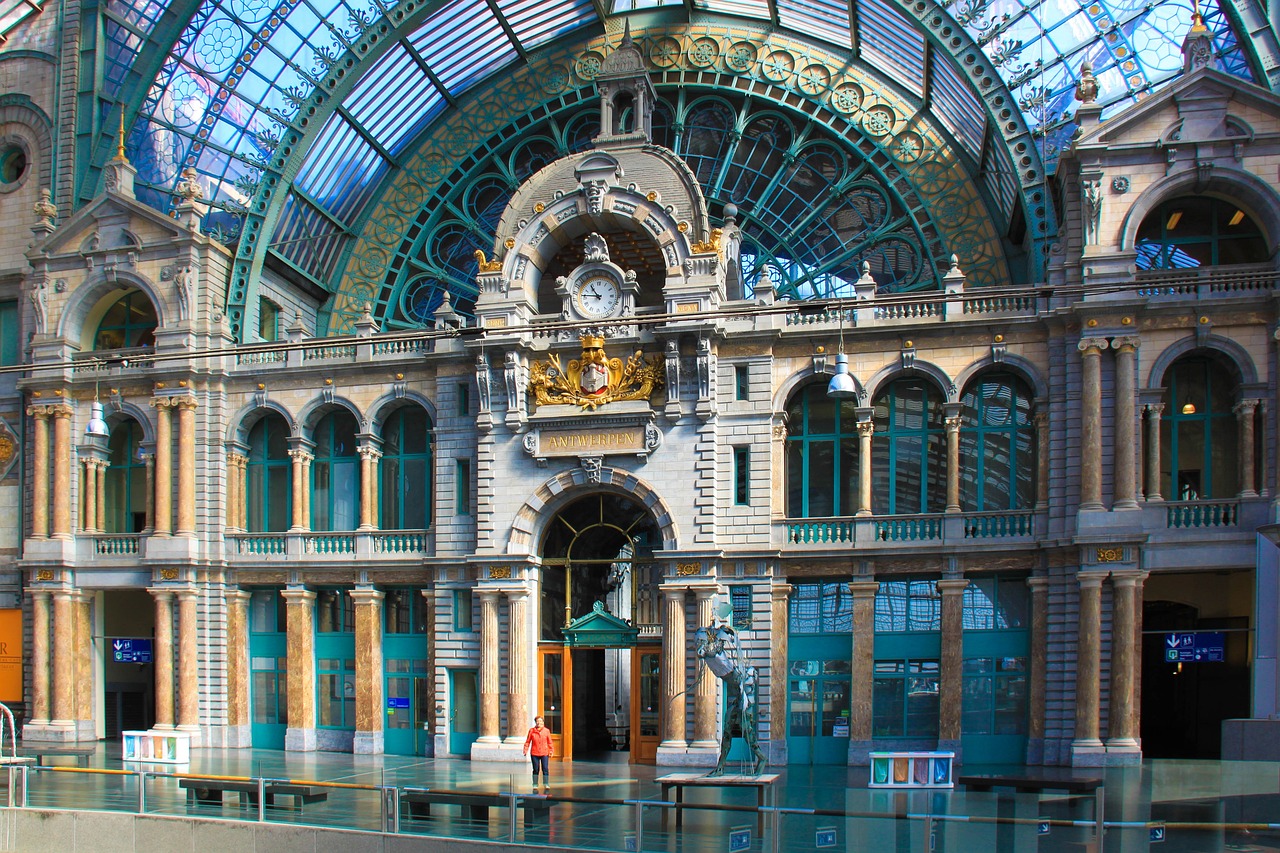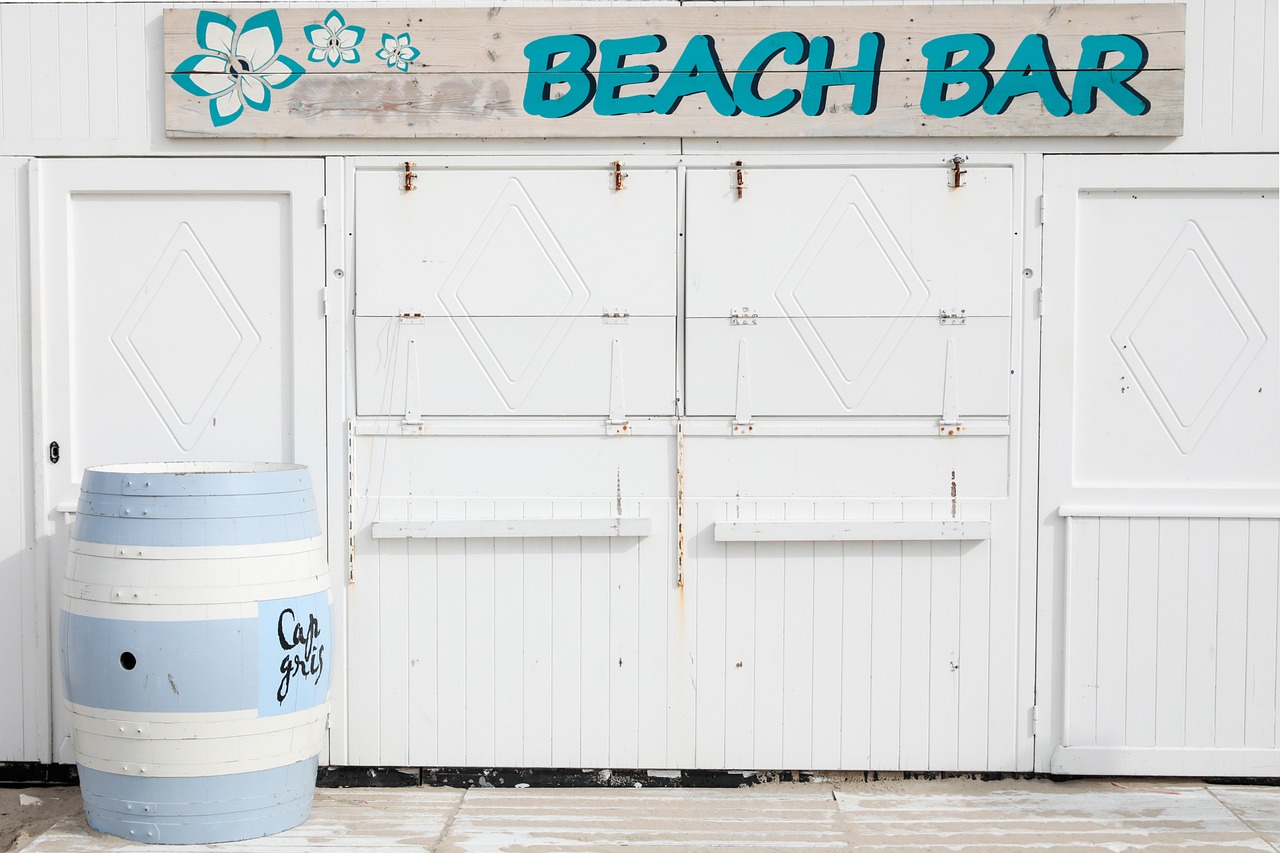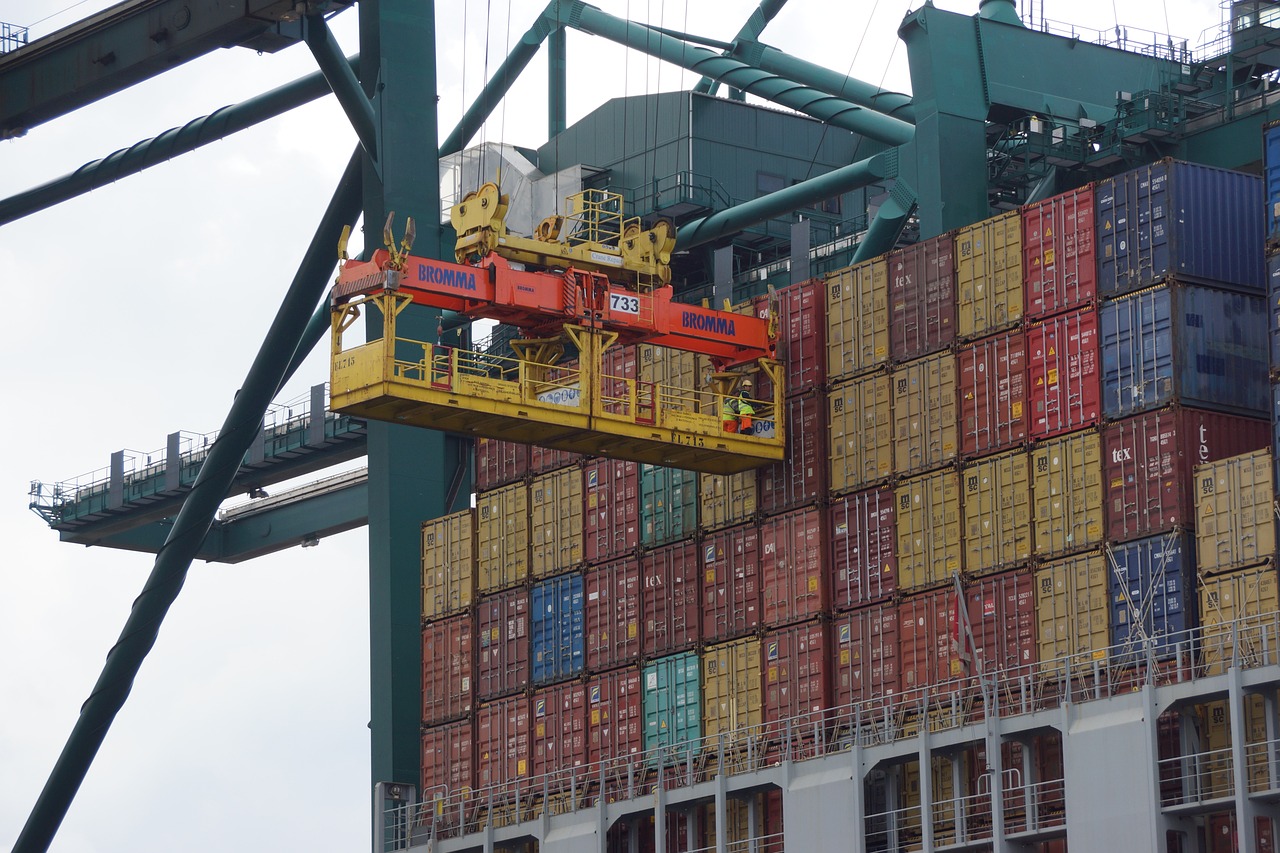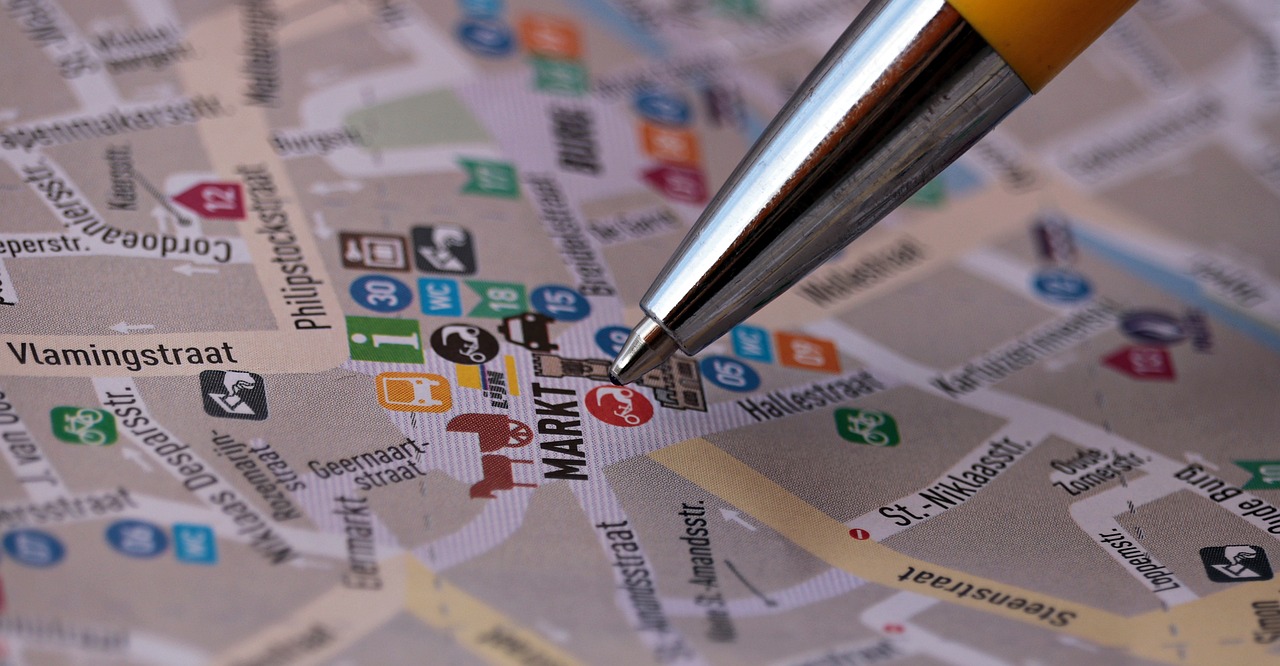Belgium Video
Getting Around: Transportation Tips for Belgium
Belgium, known for its medieval towns, stunning architecture, and delicious chocolates, offers a variety of transportation options for travelers to explore the country. From well-connected public transportation networks to bike-friendly cities, Belgium provides convenient and efficient ways to get around. This article will guide you through the transportation options available in Belgium, ensuring a smooth and enjoyable journey.
Public Transportation
Public transportation in Belgium is reliable and extensive, making it a popular choice for both locals and tourists. The country has an efficient network of trains, trams, and buses that connect major cities and towns. The national railway company, known as SNCB/NMBS, operates trains that provide easy access to various destinations within Belgium and neighboring countries. The train system offers comfortable seating, free Wi-Fi, and onboard amenities.
- Train: Trains are a convenient and efficient way to travel between cities in Belgium. The railway network connects major cities like Brussels, Antwerp, Ghent, and Bruges. Trains run frequently and are known for their punctuality. It is advisable to purchase tickets in advance, especially during peak travel seasons.
- Tram: Trams are primarily found in larger cities like Brussels, Antwerp, and Ghent. They provide an easy and affordable way to navigate within the city. Trams have designated stops and run on predetermined routes, making it simple to hop on and off at desired locations.
- Bus: Buses complement the train and tram networks, connecting smaller towns and rural areas. They are a convenient mode of transportation for exploring regions outside major cities. Bus services are operated by different companies, including De Lijn and TEC, depending on the region.
Belgium Image 1:

Cycling
Belgium is renowned for its cycling culture and infrastructure. The country offers a vast network of well-maintained cycling paths, making it a cyclist’s paradise. Many cities, including Brussels, Antwerp, and Ghent, have implemented bike-sharing systems, providing easy access to bicycles for short trips. Cycling is an eco-friendly and enjoyable way to explore Belgium’s picturesque landscapes, charming towns, and vibrant cities.
- Bike-sharing: Bike-sharing programs, such as Villo! in Brussels and Velo-Antwerpen in Antwerp, allow users to rent bicycles for a short period. These services are widely available and offer a convenient way to explore cities at your own pace.
- Cycling routes: Belgium offers numerous cycling routes that cater to different skill levels. The Flemish Region, in particular, has a well-developed network of cycling paths, known as “Fietsnetwerk,” which is signposted with numbered junctions to guide cyclists along scenic routes.
- Cycling events: If you’re a cycling enthusiast, consider planning your visit around one of Belgium’s famous cycling events, such as the Tour of Flanders or Liège-Bastogne-Liège. These races attract professional cyclists from around the world and offer a thrilling experience for spectators.
Taxis and Rideshares
Taxis and rideshares are readily available in Belgium, providing a convenient and comfortable mode of transportation, especially for shorter distances or when traveling with luggage.
- Taxis: Taxis can be hailed on the street or found at designated taxi stands. They are easily recognizable by their illuminated signs. Taxis in Belgium are metered, and additional charges may apply for luggage or late-night rides. It is recommended to use licensed taxis to ensure a safe and reliable journey.
- Rideshares: Popular rideshare platforms like Uber operate in major cities in Belgium. Using a rideshare service allows you to book a car through a mobile app and provides a convenient alternative to traditional taxis. Rideshares offer upfront pricing and various vehicle options to suit your needs.
Belgium Image 2:

Driving
Renting a car in Belgium provides the freedom to explore the country at your own pace and venture into more remote areas. However, it’s important to familiarize yourself with the local traffic rules and regulations before hitting the road.
- Driver’s license: Visitors from most countries can drive in Belgium with a valid driver’s license from their home country. International driving permits are generally not required. However, it’s always advisable to check the specific requirements based on your country of residence.
- Traffic rules: Belgium follows right-hand driving, and the general traffic rules are similar to other European countries. Speed limits, road signs, and parking regulations should be observed diligently. Seat belts are mandatory for all occupants, and driving under the influence of alcohol or drugs is strictly prohibited.
- Parking: Major cities in Belgium have designated parking zones, and street parking may require payment. It’s essential to check for parking signs and follow the instructions to avoid fines or towing. Many cities also offer secure parking facilities, which are recommended for extended stays.
Air Travel
Belgium has several airports that provide domestic and international flight connections. The main airports in Belgium are Brussels Airport (BRU) and Brussels South Charleroi Airport (CRL).
- Brussels Airport: Located in Zaventem, Brussels Airport is the primary international gateway to Belgium. It offers a wide range of flights to destinations worldwide and is well-connected to the city center by train, bus, and taxi.
- Brussels South Charleroi Airport: Situated in Charleroi, this airport serves as a hub for low-cost airlines. It provides convenient access to destinations across Europe and is connected to Brussels city center by shuttle buses.
Belgium Image 3:

Conclusion
Whether you prefer public transportation, cycling, taxis, or exploring by car, Belgium offers a range of transportation options to suit every traveler’s needs. The well-connected public transportation network ensures easy access to various cities and towns, while cycling paths provide an enjoyable way to explore the country’s scenic landscapes. Taxis, rideshares, and rental cars offer flexibility and convenience, allowing you to navigate Belgium at your own pace. By utilizing these transportation options, you can make the most of your visit to Belgium and discover its rich cultural heritage and natural beauty.
References
– Visit Belgium: visitbelgium.com
– Belgian Railways: belgiantrain.be
– De Lijn (Bus Services): delijn.be
– Villo! (Bike-sharing in Brussels): villo.be
– Velo-Antwerpen (Bike-sharing in Antwerp): velo-antwerpen.be
– Tour of Flanders: ronde.be
– Liège-Bastogne-Liège: liege-bastogne-liege.be
– Uber: uber.com
– Brussels Airport: brusselsairport.be
– Brussels South Charleroi Airport: charleroi-airport.com


